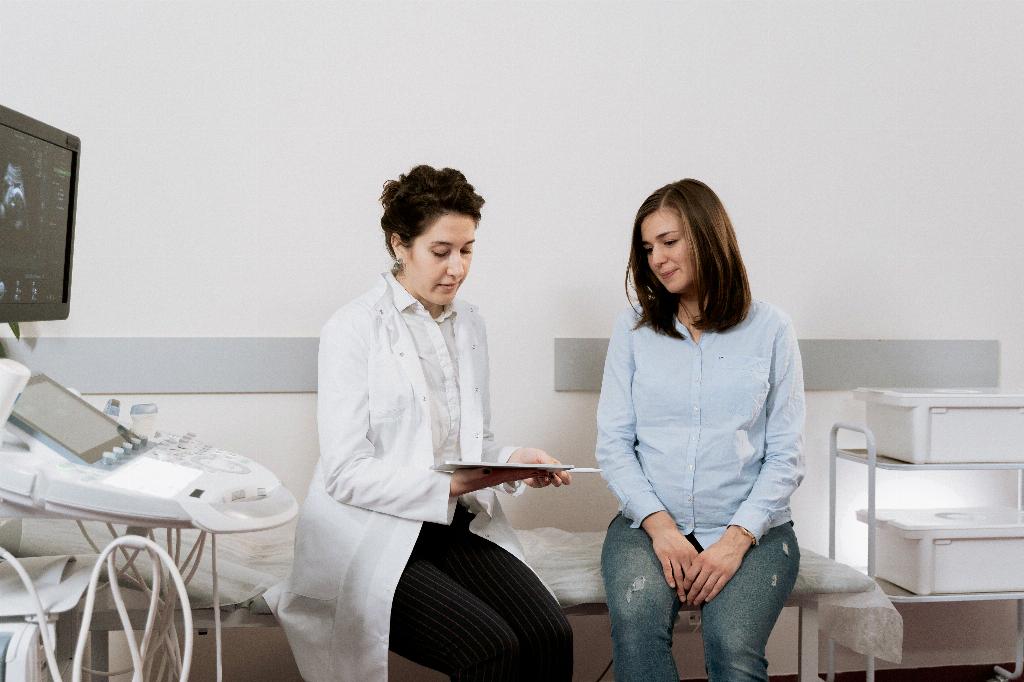When it comes to taking a pregnancy test, there are certain factors that can potentially impact the accuracy of the results. One key consideration is the amount of liquid you consume before testing. Drinking excessive amounts of fluids can dilute the concentration of human chorionic gonadotropin (hCG) in your urine, which in turn may make it more challenging for the test to detect this pregnancy hormone.
Furthermore, the timing of when you take the test can also influence its reliability. Testing early in the morning with your first urine of the day is generally recommended, as this sample is more likely to contain a higher concentration of hCG compared to urine samples taken later in the day.
Another factor to keep in mind is the expiration date of the pregnancy test kit. Using an expired test may lead to inaccurate results, as the chemicals in the test may no longer be as effective in detecting hCG. It is essential to always check the expiration date before conducting the test.
Additionally, how you store the pregnancy test can impact its accuracy. Exposing the test to extreme temperatures or storing it in a humid environment may alter its components, potentially affecting its ability to detect hCG effectively. It is advisable to follow the storage instructions provided with the test.
Aside from external factors, certain medications, such as diuretics or those containing hCG, can interfere with the results of a pregnancy test. It is essential to consult with a healthcare professional if you are unsure whether the medications you are taking could affect the test’s accuracy.
Moreover, medical conditions like kidney disease or urinary tract infections can also influence the results of a pregnancy test. These conditions may impact the composition of your urine, potentially leading to false-negative or false-positive results. If you have concerns about how a medical condition might affect your test, consulting with a healthcare provider is recommended.
Dilution of the urine with water or other liquids can also affect the accuracy of the test. It is crucial to follow the instructions provided with the test kit carefully, including guidelines on the collection and handling of urine samples, to ensure the most reliable results.
Furthermore, using a pregnancy test past its expiration date can lead to inaccurate results, as the reagents in the test may no longer function correctly. Always check the expiration date before using a pregnancy test and refrain from using expired products.
Issues with the storage of the pregnancy test can also impact its effectiveness. Extreme temperatures or exposure to moisture can compromise the integrity of the test components, potentially leading to false results. Properly storing the test according to the manufacturer’s instructions is crucial for accurate outcomes.
If you are taking any medications that may contain hCG or diuretics, it is essential to be aware of how these substances can interact with the pregnancy test. Certain medications can interfere with the test’s ability to detect hCG, potentially resulting in misleading results. Consulting with a healthcare provider about your medications is advisable.
Finally, underlying medical conditions such as kidney disease or urinary tract infections can also impact the accuracy of a pregnancy test. These conditions may alter the composition of urine, affecting the concentration of hCG detected by the test. If you suspect a medical condition may be influencing your test results, seeking guidance from a healthcare professional is crucial.
Overall, several factors can potentially influence the accuracy of a pregnancy test, ranging from the timing of testing to external variables like medication use and storage conditions. Being mindful of these factors and following the guidelines provided with the test kit can help ensure the most reliable results.

